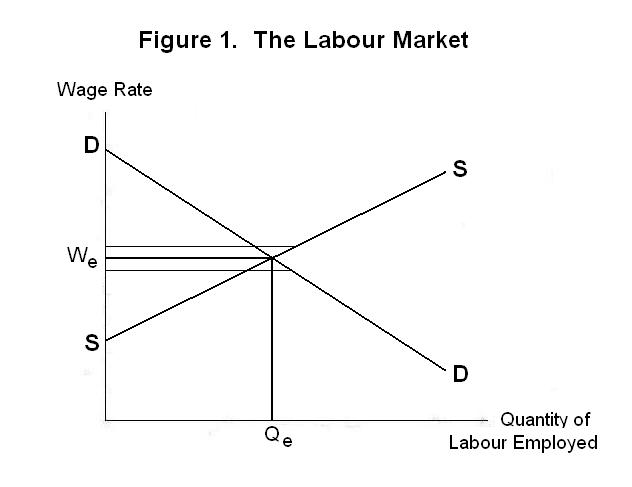I agree it's outside some of the more mainstream or common domains of pharmacy (i.e. retail or hospital staffing roles), but some of these things are still within the domain of pharmacy, depending on how you define it. If we define pharmacy domain solely based on whether the job is limited to licensed pharmacists only, I agree that a pharmacist license isn't an essential or legal requirement for many of these things (although some of these fields still require some kind of clinical licensure, even if it isn't specific to pharmacy). If we define the domain as anything in which a pharmacist's education adds value / provides a good foundation for additional training, then my list makes more sense. Being a pharmacist translates well to certain business ventures (e.g., owning your own pharmacy, climbing up the corporate pharmacy ladder, starting a consulting business), certain research, policy, and admin areas (e.g., drug safety/risk mitigation, formulary management, pharmacoeconomics), public health activities (e.g., drug supply integrity, national drug stockpile maintenance [which in some cases actually does require a pharmacist license], pharmacovigilance).
To your point, I will emphasize to other pre-pharmers who may be reading this, I would not recommend pursuing a pharmacy degree for the specific goal of primarily doing work that does not require a pharmacist license. If you want to primarily do non-clinical research, or non-clinical administration or business, or non-clinical anything, then avoid pharmacy school. Save yourself the time and money, and get a non-clinical degree (if any degree at all is necessary for what you actually want to do). Pursue a pharmacy degree because you want to be a pharmacist first, i.e. do clinical work that requires a pharmacist license (and I do consider retail to be clinical). Then think of ways that you can progressively take on more responsibility doing clinical work, and/or how you can diversify your skill and take your pharmacist experience outside of the common domains of pharmacy. You can start exploring these different pharmacist pathways and start getting the experience and connections you need while still in school (e.g., engage with pharmacy organizations, volunteer as a research assistant, get a pharmacy intern job, set-up unique APPE rotations for your electives, get as many diverse experiences and network with as many different pharmacists as you can).
Honestly, one really easy way for pharmacy students to differentiate themselves is to show up and show some engagement. I am much more likely to support a student's professional development (i.e. put more effort into helping them get a job) if they show genuine enthusiasm towards being a pharmacist. A student who recognizes the challenges of our work, and is able to articulate thoughtful ideas on how to tackle those challenges, is already several steps ahead of many students I've interacted with. (I probably should have added "maturity" to my list.)

